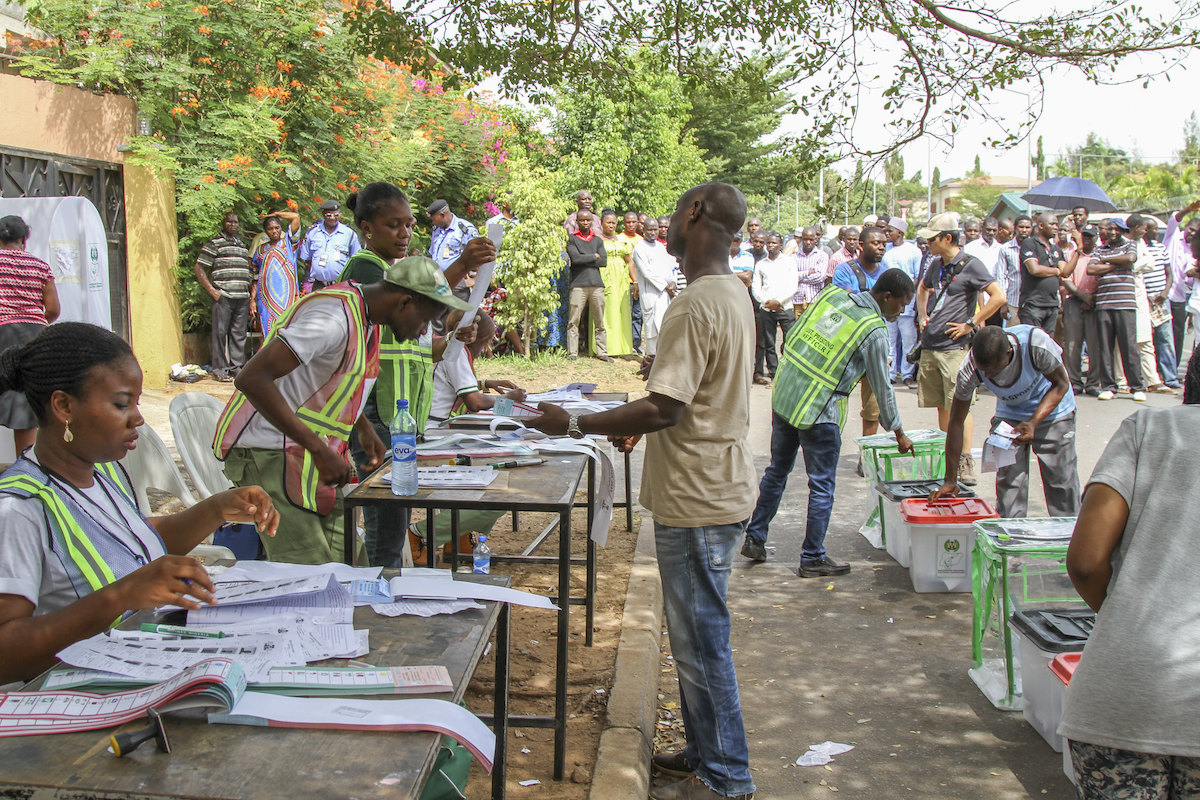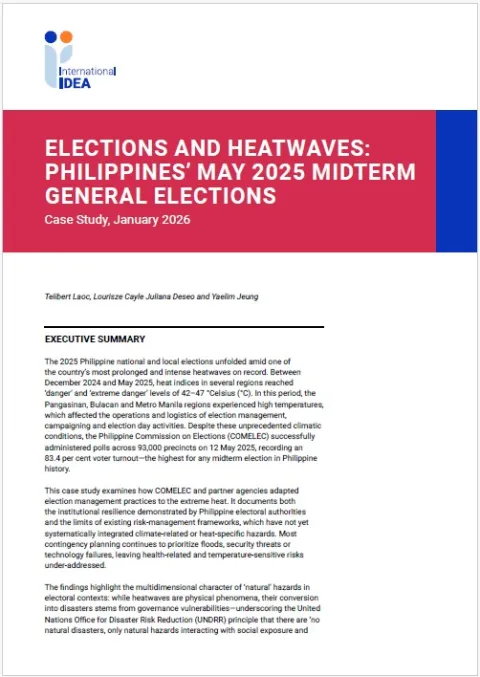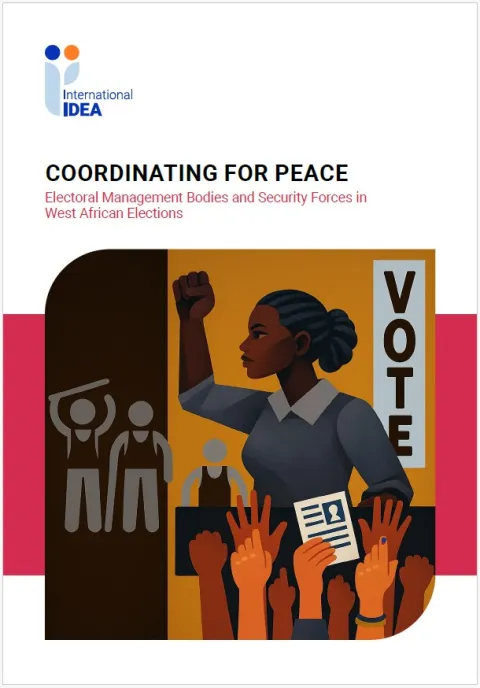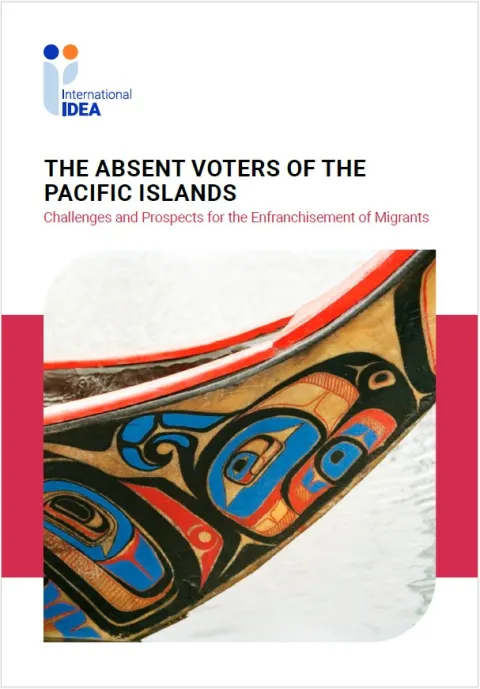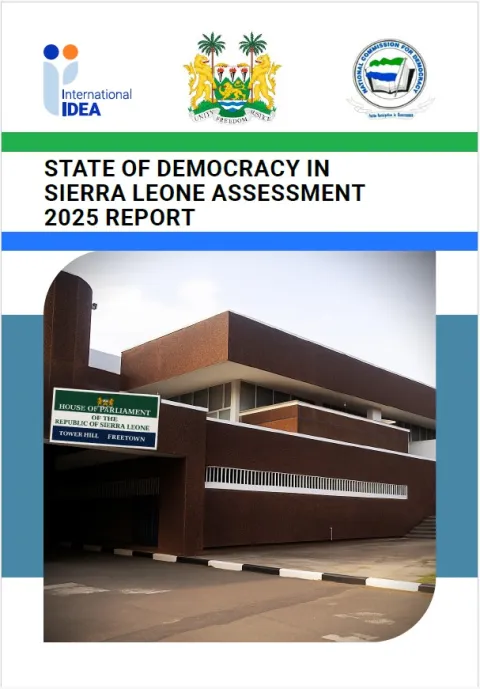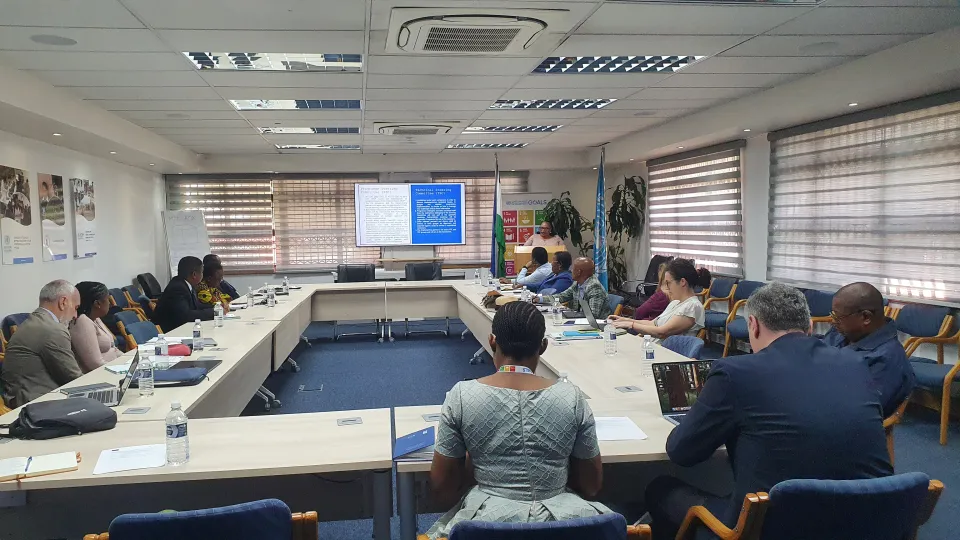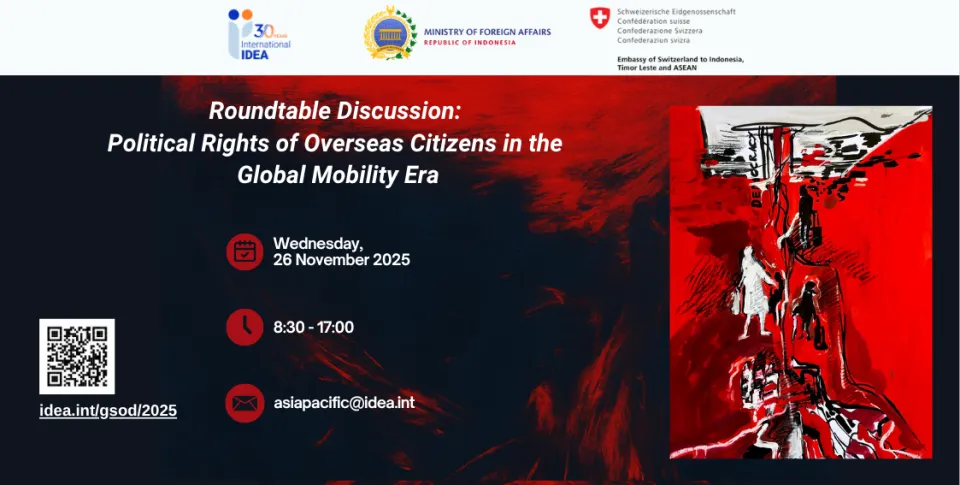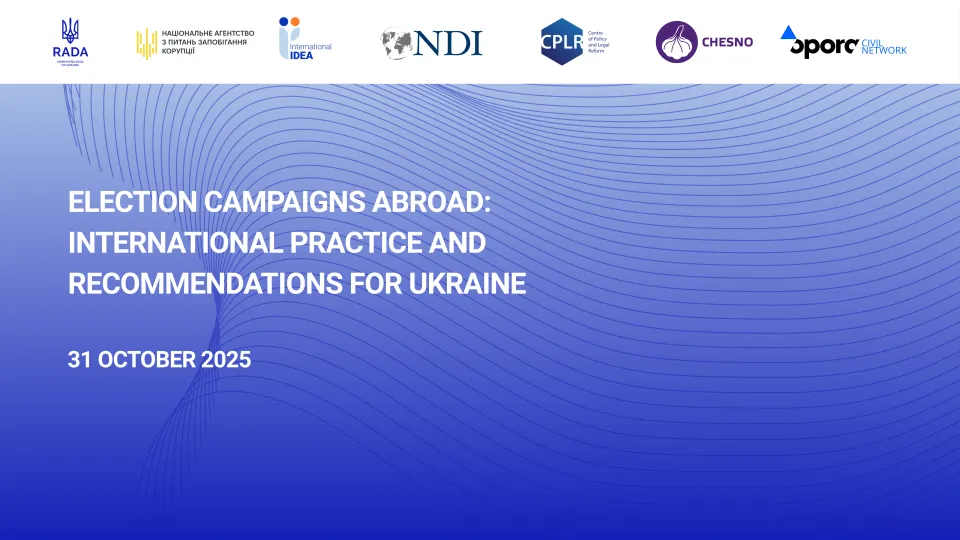The Absent Voters of Afghanistan
This case study examines the challenges and prospects for enfranchising migrants and displaced populations in any future elections should democracy one day be restored in Afghanistan. Drawing on historical context and legal frameworks, the case study identifies the reasons behind the exclusion of displaced populations and how their electoral rights, guaranteed by the 2004 Constitution, have been largely unrealized.
Following the Taliban’s takeover1 in August 2021, elections are no longer held, and the future of political rights for Afghanistan’s voters remains uncertain. Despite the current circumstances, the study emphasizes the importance of respecting and fulfilling these rights in any future democratic regime.
This paper is part of a series of eight case studies on absent voters in Afghanistan, Bangladesh, Bhutan, India, the Maldives, Nepal, Pakistan and Sri Lanka.
Details
Contents
Introduction
1. History and context of displacement in Afghanistan
2. Drivers of displacement within and outside Afghanistan
3. Electoral rights of Afghanistan’s displaced citizens
4. Electoral rights of Afghanistan’s displaced citizens: Reflections on practice
5. Prospects for the enfranchisement of displaced Afghan voters
Abbreviations
References
About this series
Give us feedback
Do you have a question or feedback about this publication? Leave us your feedback, and we’ll get back to you
Send feedbackThe Absent Voters of Afghanistan
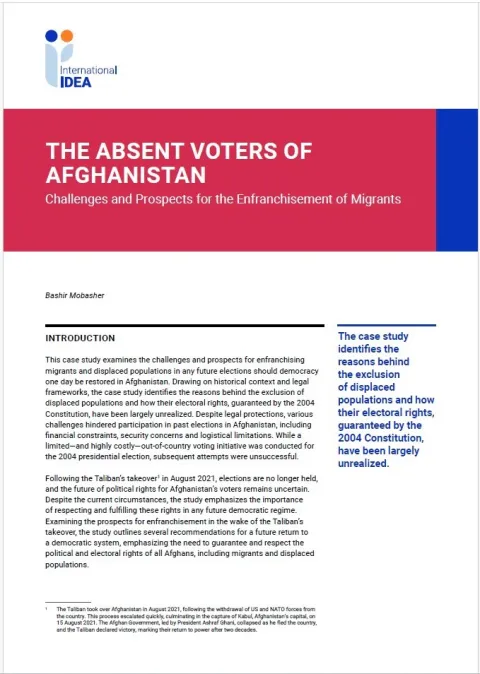
| Total views | 2424 |
|---|---|
| Downloads | 33 |
| Rating |
Give us feedback
Do you have a question or feedback about this publication? Leave us your feedback, and we’ll get back to you
Send feedback